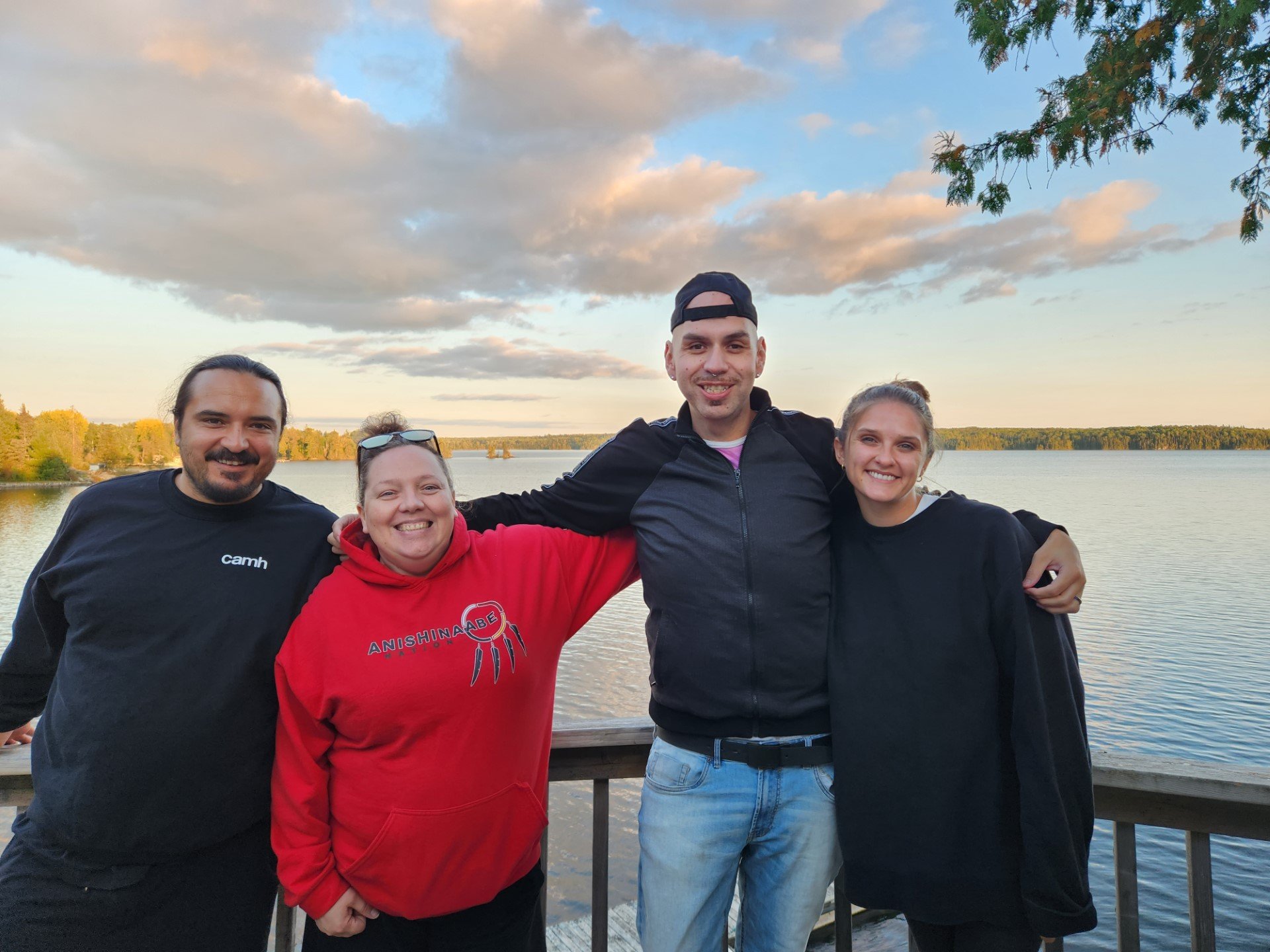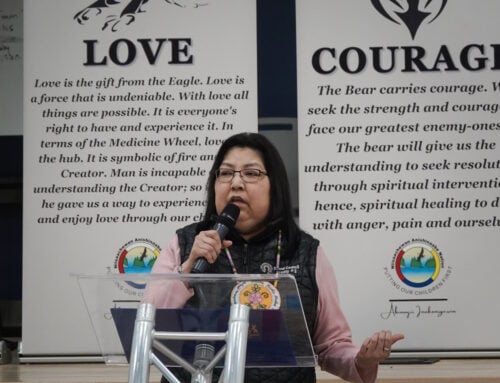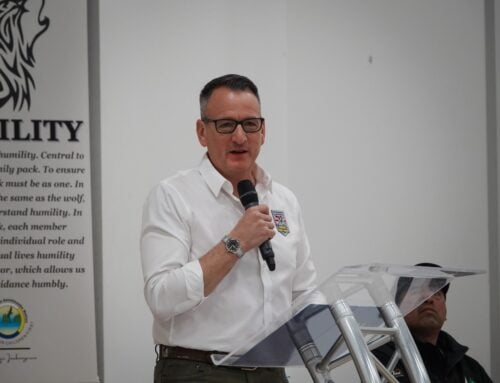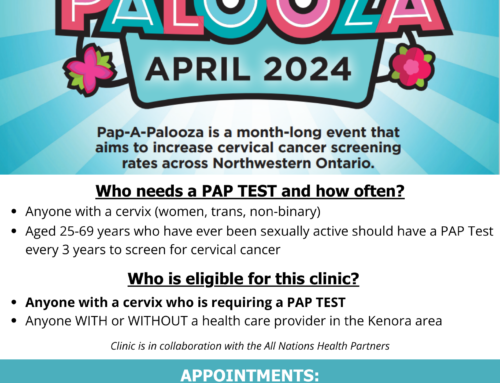Ogimaawabiitong (Kenora Chiefs Advisory) supports training opportunities for First Nation community staff, helpers, and organizational staff working in mental health and addictions.
In partnership with the Centre for Addiction and Mental Health (CAMH), Ogimaawabiitong invited CAMH’s Shkaabe Makwa Workforce Development team for a five-day visit to the Kenora area, for a training series located at the Youth and Family Wellness Camp in September. The focus was on providing mental health and addiction counselling and foundational training.
Shkaabe Makwa’s Community Support Specialists, Chrysta Wood and Louis Busch, co-led two impactful training sessions for a total of 53 mental health professionals and staff, where participants generously shared their knowledge and wisdom with one another throughout the weeklong gathering.
In reflection, CAMH offered thoughts on their time spent in Treaty #3 territory: “With sprawling hills, sacred teachings sites, a horse-based therapy program, innovative developmental services, and more, the Shkaabe Makwa team felt deeply honoured to be present on this land,” wrote CAMH.
“The [trainers] extend their heartfelt appreciation to Elder Andy White, Bizhew Clan, Naotkamegwanning First Nation, for his presence and counsel, which will forever resonate with them.”
“Leaving with hearts full of gratitude and inspiration, we departed with the knowledge that numerous remarkable programs and projects, driven by individuals deeply rooted in culture and tradition, are currently in progress and development,” adds CAMH.
The first training session, ‘Indigenous Perspectives of Disability: A Primer on Fetal Alcohol Syndrome’ – took place on September 18 and 19.
The two-day training course explored Indigenous perspectives on disabilities, wellness, colonialism, intergenerational trauma, and health and research disparities. The training also provided a brief overview of FASD, the diagnostic process and the impact of language, messaging, and stigma on awareness and prevention work.
“[I learned to] consider clients’ families and communities more wholistically from a strength-based perspective,” wrote one participant.
“I would look at the circle of care for the youth, and will implement the tools I gained,” wrote another.
The second training, ‘Pivoting Towards the Good Life: Braiding Indigenous Wisdom with Acceptance and Commitment Therapy for Indigenous Helpers’ – took place between September 20 and 22.
The three-day seminar brought an Acceptance and Commitment Therapy-based training supported by Indigenous worldviews to enhance helpers’ clinical and helping toolbox in support of individuals struggling with difficult thoughts and emotions. The training also included experiential activities, practical tools, and opportunities for counselling role-play exercises.
“This training has provided new tools and a different perspective of how to approach topics with clients in a more meaningful, non-clinical manner,” wrote one participant.
“I will be more cautious of the words I am using and keep an open mind,” wrote another.
Post-training surveys were used to evaluate and gather feedback from participants of the training.
This training series is part of Kenora Chiefs Advisory’s ongoing efforts to support mental health and addiction helpers and organizational staff with leading training opportunities and professional development.
Shkaabe Makwa, CAMH is the first hospital-based centre in Canada designed to drive culturally responsive systems initiatives to achieve health justice and wellness for First Nations, Inuit, and Métis communities through the advancement of research, workforce development, and innovative healing models that harmonize traditional knowledge and medical expertise.
Their Community Support Specialists develop and facilitate culturally informed training curriculums, which are based on community needs. Training curriculums are co-designed and informed by Indigenous community members, people with lived experience, as well as Elders and Knowledge Keepers. Trainings are accredited by the Indigenous Certification Board of Canada.




